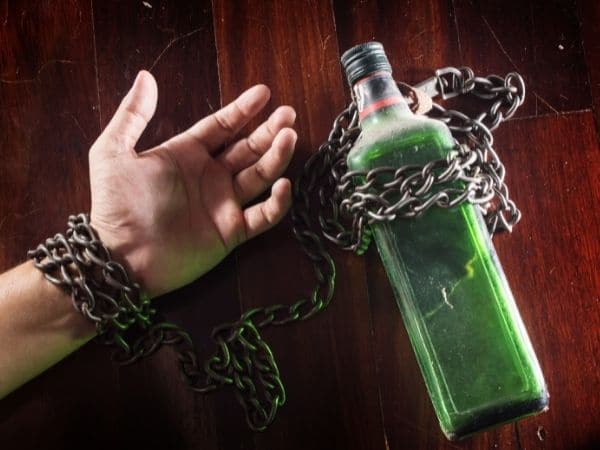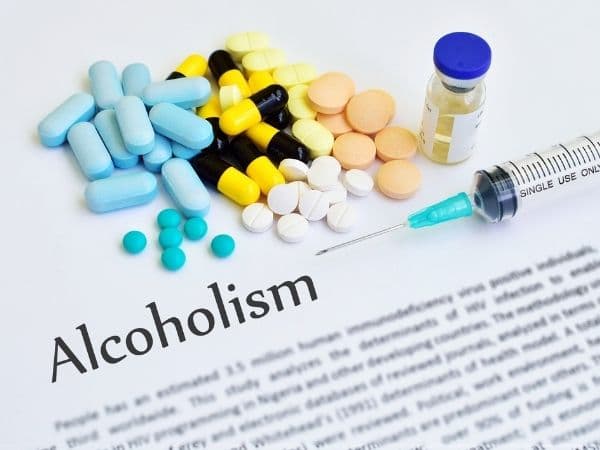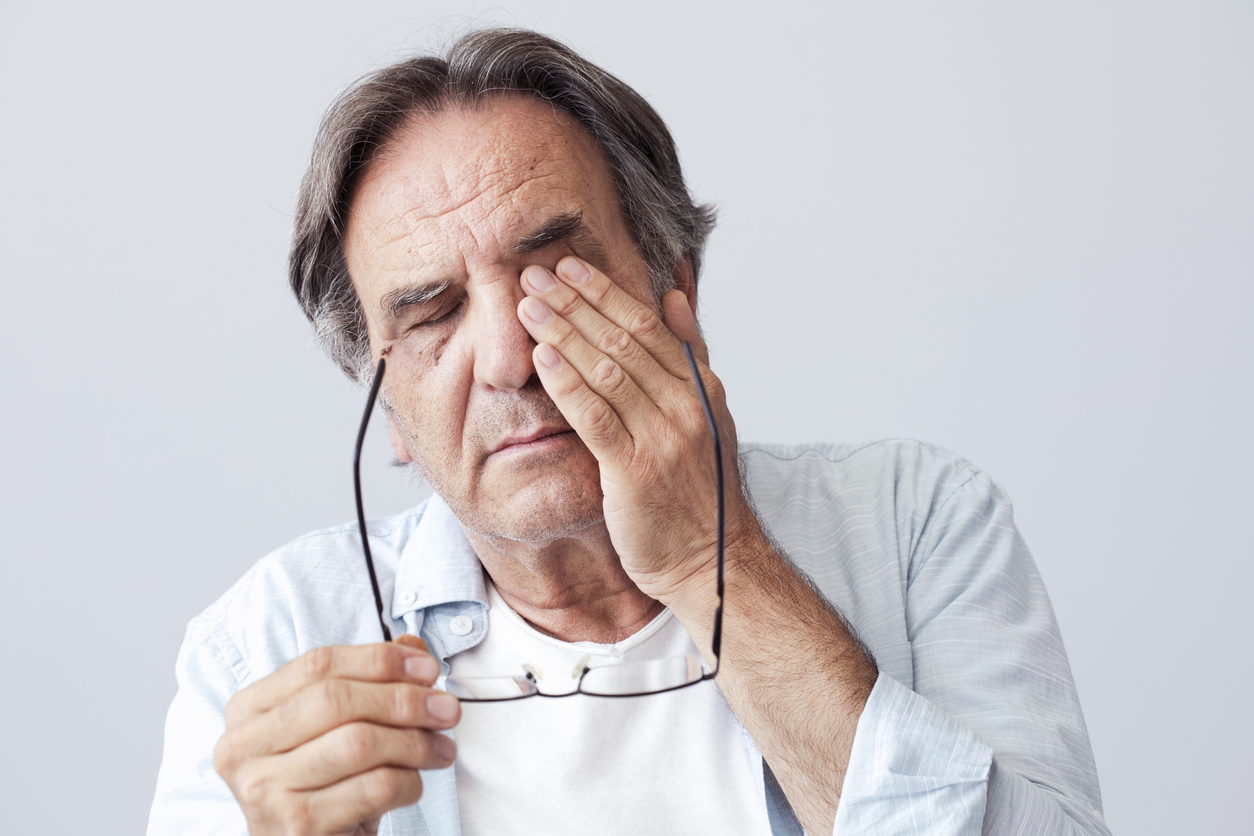Alcohol detox is the first stage of treatment for alcohol use disorder. However, not everyone who struggles with alcohol abuse may need this treatment.
Continue reading to learn more about how alcohol detox works and how to determine whether it’s necessary for you or your loved one to receive this treatment.
What Does Alcohol Detox Do?
Alcohol detox is a medical treatment that helps people recover from alcohol dependence.
Alcohol dependence is defined as a chronic disease in which a person experiences strong physical cravings or urges to consume alcohol and cannot control their drinking behavior. People who are dependent on alcohol often need to drink greater amounts of alcohol to experience its effects (such as extreme happiness or euphoria) and suffer withdrawal symptoms when taking a break from drinking.

Alcohol detox manages the physical symptoms of alcohol withdrawal. In severe cases, alcohol withdrawal can cause grand mal seizures and death.
Alcohol detox may also take place in a residential or hospital-like setting where patients can be closely monitored and supervised by nurses and doctors as they go through withdrawal. The length of alcohol withdrawal averages between two and 10 days.
Patients with mild to moderate withdrawal symptoms are encouraged to drink plenty of water to replenish fluids lost through sweating and diarrhea, and to take thiamine (vitamin B1) supplements to prevent cognitive impairments that may occur as a result of withdrawal. Sometimes medications are used to control and minimize specific withdrawal symptoms.
Patients with severe alcohol withdrawal symptoms are usually given diazepam, which is a benzodiazepine medication that helps prevent life-threatening complications including seizures, hallucinations, and dangerous changes in blood pressure and body temperature.
Overall, the goal of alcohol detox is to help patients experience a safe, comfortable withdrawal while facing a reduced risk of complications.
Who Needs Alcohol Detox?
Anyone who has become physically dependent on alcohol should go through alcohol detox to experience the safest possible recovery. If you’ve been drinking high amounts of alcohol on a regular basis for a long period, it’s highly possible you may be physically dependent and need professional treatment.
According to the National Institutes of Health, anyone who meets three or more criteria for alcohol dependence during a 12-month period will be diagnosed with dependence. These criteria include:
— Experiencing alcohol withdrawal symptoms when the effects of alcohol wear off.
— Drinking significantly more than you once did to achieve the pleasurable effects of alcohol, or finding that your usual number of drinks has a diminished effect.
— Experiencing times when you ended up drinking more alcohol or drank for a longer period than intended.
— Being unable to cut down or stop drinking after trying more than once.
— Spending lots of time drinking, or lots of time being sick and recovering from hangovers.
— Giving up or cutting back on favorite or important activities so you can spend more time drinking.
— Continuing to drink even though it makes you feel depressed or anxious, or is causing other health problems including memory blackouts.
What Are Signs a Person Needs Alcohol Detox?
A person needs alcohol detox when you or your loved one meet at least three of the above criteria for alcohol dependence.
If you are still unsure whether you truly need alcohol detox after reviewing the diagnostic criteria, your next step is to meet with a doctor at an addiction treatment center. These doctors are highly experienced at spotting signs of alcohol dependence and can also perform testing and evaluations to determine whether you can benefit from alcohol detox treatment.

The onset of alcohol withdrawal symptoms is usually the most obvious sign a person needs alcohol detox. Common symptoms include:
— Anxiety
— Depression
— Sweating
— Nervousness
— Irritability and mood swings
— Fatigue
— Jumpiness
— Shaking or tremors, especially in the hands
— Insomnia and other sleep disturbances
— Nightmares
— Cloudy thinking
— Dilated (enlarged) pupils
— Headache
— Nausea and vomiting
— Loss of appetite
— Rapid heart rate
— Extreme agitation
— Fever
— Hallucinations
— Severe confusion
— Seizures
You may also experience strong urges or cravings to drink alcohol, or think constantly about when you’ll be able to drink alcohol again.
If it’s determined that you need alcohol detox, your doctor will develop a personalized treatment plan for you based on the severity of your dependence and symptoms. Sometimes, the severity of your dependence cannot be determined until withdrawal symptoms begin; at which point your nurses and doctors will modify your treatment plan as needed. This step ensures you feel as comfortable as possible and face a reduced risk of complications.
What Happens After Alcohol Detox?
Though alcohol detox is effective at helping you recover from dependence, this treatment alone rarely leads to long-term abstinence from alcohol. Behavioral therapy is often needed to help you change harmful behaviors and attitudes related to drinking, and to teach you essential skills that help you avoid temptations so you can stay sober.

Some addiction treatment centers offer alcohol rehab programs that use a variety of behavioral therapies aimed at helping you achieve long-term abstinence, while other treatment centers may only offer detox services. If you receive treatment from a facility that offers only detox services, your doctor can refer you to an alcohol rehab program.
Your alcohol rehab program will be customized for you based on the reasons and root causes of your drinking. For example, if you initially started drinking high amounts of alcohol to cope with stress, your treatment plan may include specialized therapies aimed at teaching you healthy stress management techniques.
Some alcohol rehab programs can also prescribe medications that help you stay sober. These medications are acamprosate, disulfiram, and naltrexone.

Acamprosate reduces the desire to drink. Disulfiram produces unpleasant side effects including vomiting and chest pain when used with alcohol. These side effects can begin as soon as 10 minutes after a few sips of alcohol and usually last for at least one hour. Naltrexone also blocks the pleasurable effects of alcohol to reduce your motivation to drink.
Alcohol Detox With Buena Vista
At Buena Vista Health and Recovery Centers, we offer safe and comfortable alcohol detox treatment in a serene, relaxing residential environment. We also offer acamprosate, disulfiram, naltrexone, and other medications that can help you achieve lasting sobriety and recovery. Visit our treatment center or call us today to learn more about our available detox services.
CHANDLER
(480) 680-0606
3033 South Arizona Avenue
Chandler, Arizona 85248
TUCSON
(520) 436-7860
5151 East Pima Road
Tucson, Arizona 85712
SCOTTSDALE
(623) 323-7986
8171 E Indian Bend Rd
Scottsdale, AZ 85250






